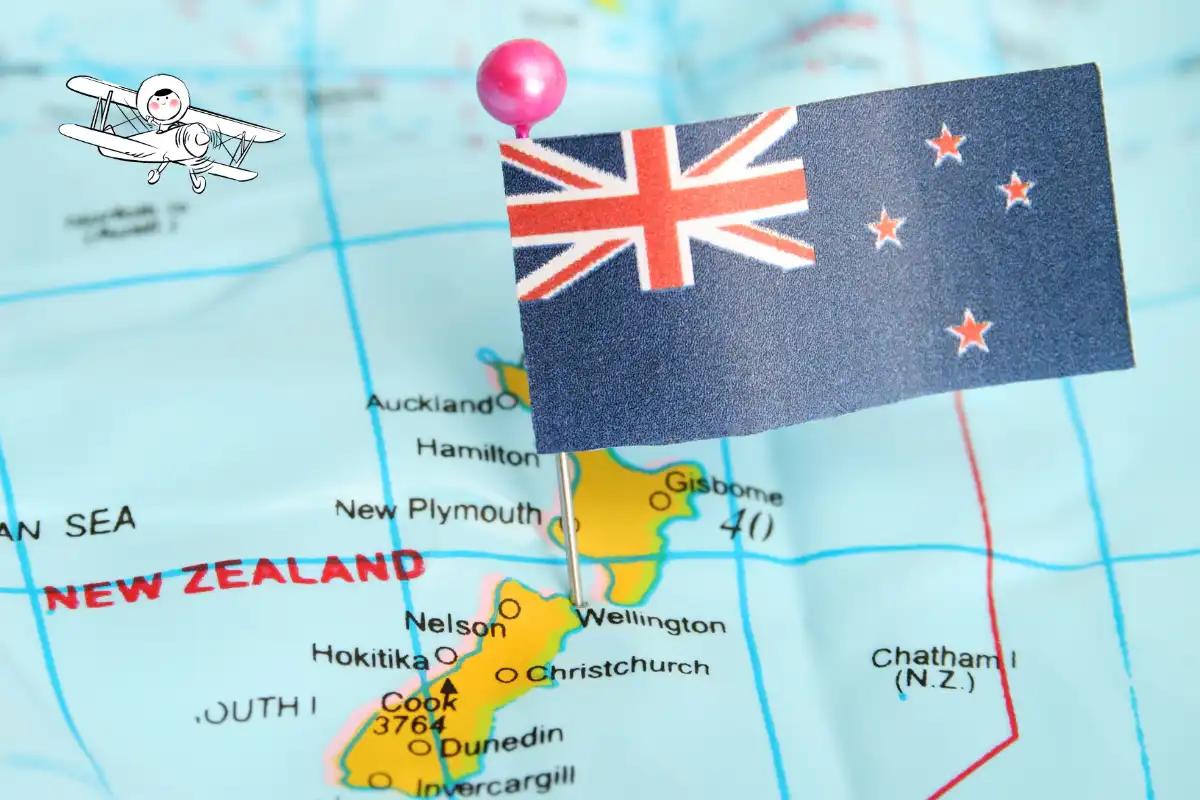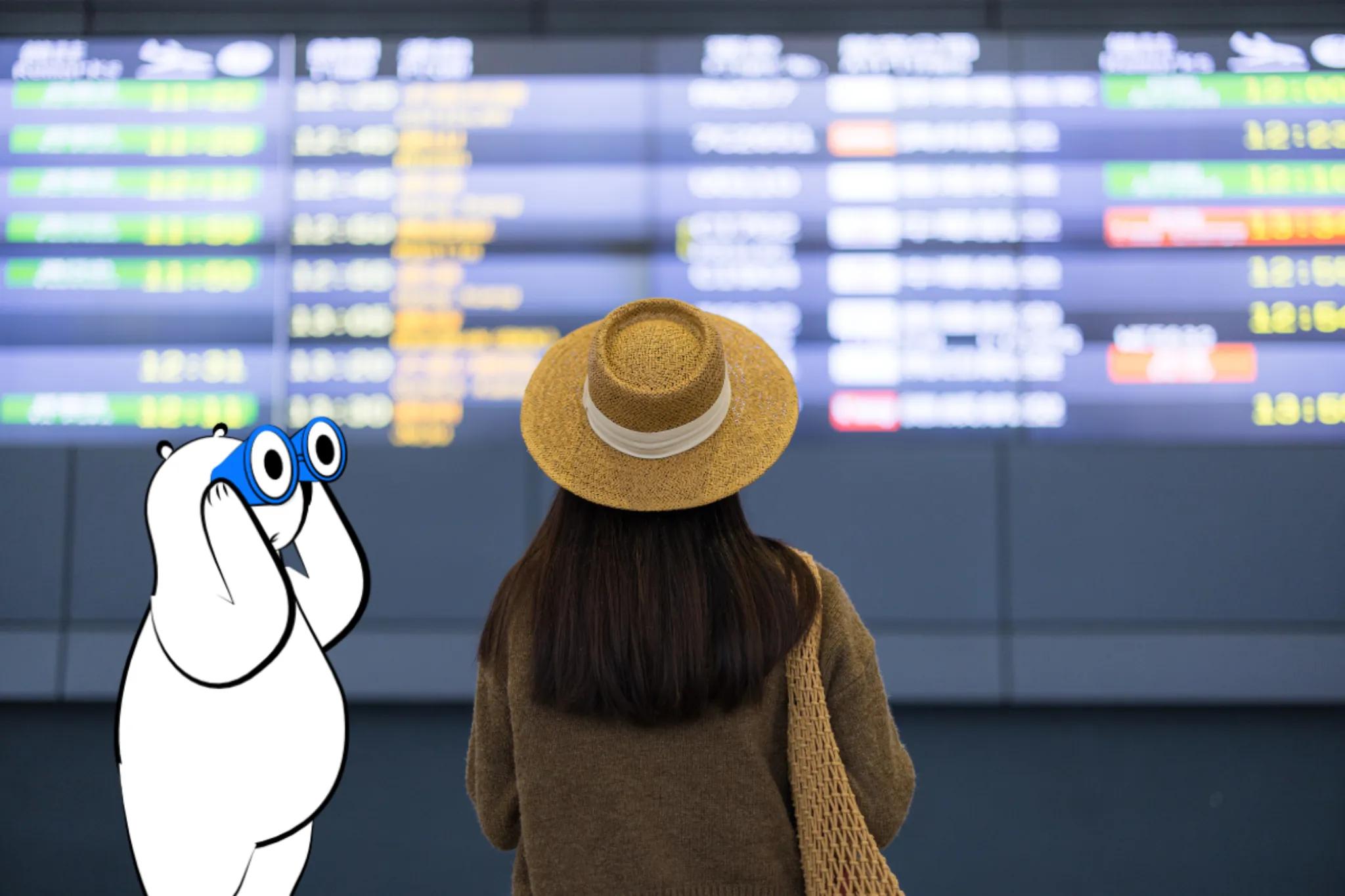
New Zealand Public Holidays 2026
| HOLIDAY | DATE | DAY |
| New Year’s Day | 1 January 2026 | Thursday |
| Day After New Year’s Day | 2 January 2026 | Friday |
| Waitangi Day | 6 February 2026 | Friday |
| Good Friday | 3 April 2026 | Friday |
| Easter Monday | 6 April 2026 | Monday |
| ANZAC Day | 25 April 2026 (observed Monday 27th) | Saturday |
| King’s Birthday | 1 June 2026 | Monday |
| Matariki | 10 July 2026 | Friday |
| Labour Day | 26 October 2026 | Monday |
| Christmas Day | 25 December 2026 | Friday |
| Boxing Day | 26 December 2026 (observed Monday 28th) | Saturday |
Regional Anniversary Days 2026
North Island
- Auckland Anniversary - 26 January 2026 (Mon)
- Wellington Anniversary - 19 January 2026 (Mon)
- Taranaki Anniversary - 9 March 2026 (Mon)
- Gisborne Anniversary - 5 October 2026 (Mon)
- Hawke’s Bay Anniversary - 23 October 2026 (Fri)
- Bay of Plenty Anniversary - 1 June 2026 (Mon)
South Island
- Nelson Anniversary - 2 February 2026 (Mon)
- Marlborough Anniversary - 2 November 2026 (Mon)
- Canterbury Anniversary - 13 November 2026 (Fri)
- South Canterbury Anniversary - 21 September 2026 (Mon)
- Westland Anniversary - 7 December 2026 (Mon)
- Otago Anniversary - 23 March 2026 (Mon)
- Southland Anniversary - 14 April 2026 (Tue)
New Zealand’s 2026 Holiday & Travel Calendar
Summer (January–February)
Season character: Bright days, warm nights, packed beaches, classic Kiwi summer energy.
New Year’s Holidays - 1 & 2 January
The year opens with sunshine-filled mornings, barbecues, and long drives toward the coast. Popular escapes include:
- Coromandel Peninsula - golden beaches and relaxed towns
- Bay of Islands - island-hopping, warm turquoise water
- Queenstown - summer adventure season
Regional Anniversary Days - Late January to Early February
Auckland, Wellington, Nelson, and other regions enjoy early-year long weekends.
Perfect for:
- Harbour cruises
- Walks on Wellington’s waterfront
- Nelson’s art markets and wineries
Waitangi Day – Friday, 6 February
A national holiday full of cultural significance. The Bay of Islands becomes the heart of ceremonies with pōwhiri, kapa haka, and historic re-enactments.
Elsewhere, cities host food markets, live performances, and family festivals.
A warm, reflective, community-focused summer holiday.
Autumn (March–April)
Season character: Calm weather, turning leaves, quieter travel, ideal road trips.
Otago & Taranaki Anniversary Days - March
March brings cooler evenings and cinematic roads, especially in Arrowtown, Lake Hayes, and Central Otago, all glowing in gold.
Easter Weekend – 3–6 April
Easter is one of New Zealand’s biggest movement periods.
Attractions stay open, families travel, and ferries between the islands run at peak capacity.
Popular Easter escapes:
- Queenstown & Arrowtown - autumn colours
- Wellington - museums + harbourside events
- Marlborough - vineyards and long lunches
ANZAC Day - 25 April (Saturday)
A solemn morning observed across the country. Dawn ceremonies create a moment of national unity before the day transitions into relaxed late-April outings and family activities.
Winter (May–July)
Season character: Clear skies, crisp air, ski season, quiet cities, warm gatherings.
King’s Birthday - Monday, 1 June
Often treated as the start of winter adventure season.
Great destinations:
- Queenstown & Wānaka – first snow, alpine lakes
- Hanmer Springs – hot pools in cool air
- Rotorua – geothermal valleys + forest walks
The King’s Birthday long weekend also marks the start of New Zealand’s early winter season.
Matariki – Friday, 10 July
The Māori New Year transforms winter into something special.
This is a holiday of:
- remembrance
- gratitude
- planning for the year ahead
Communities host dawn gatherings, stargazing events, night markets, craft workshops, hāngī dinners, and lantern displays. Towns glow softly at night, giving winter a warm, thoughtful atmosphere.
Matariki is an official national public holiday, always scheduled on a Friday.
Spring (August–October)
Season character: Blossoms, wildlife, longer days, fresh energy.
South Canterbury Anniversary – September
Sightseeing begins to peak again, and lupins near Lake Tekapo bloom earlier than summer and create striking landscapes.
Labour Day – Monday, 26 October
Spring’s biggest holiday.
A favourite for:
- Road trips around Northland
- Forest walks in Rotorua
- Wineries in Hawke’s Bay
- Coastal drives in the Coromandel
This weekend often marks the psychological start of the “summer build-up.”
Summer Again (November–December)
Season character: Peak sunshine, school holidays, outdoor living.
Christmas & Boxing Day – 25 & 26 December
New Zealand celebrates Christmas in full summer weather, picnics, beach mornings, long lunches and evening walks.
Shops operate on reduced hours on Boxing Day but re-open for summer clearance sales.
What Matariki Means in New Zealand
Matariki is more than a date on the calendar, it’s a moment of collective pause. When the Matariki star cluster rises in mid-winter, New Zealand marks a new year with reflection, remembrance and hope.
Families gather for shared meals. Communities host night-sky events, storytelling, craft workshops, and guided astronomy walks. Cities glow with lantern trails and cultural performances.
Matariki brings many practical questions, such as whether it’s always observed on a Friday (yes) or whether it’s a nationwide public holiday (yes). But beyond schedules, the meaning lies in slowing down, remembering loved ones, appreciating the present, and setting intentions for the year ahead.
It is one of the most uniquely New Zealand holidays, woven from culture, astronomy, and community spirit.
Best Places to Go for the Biggest NZ Holidays in 2026
These are the holidays that genuinely shape local travel patterns.
Waitangi Day (6 February)
Go to: Bay of Islands
Why: Ceremonies, performances & the historic Waitangi Treaty Grounds.
Easter (3–6 April)
Go to: Marlborough, Nelson, Wellington
Why: Wine season, warm early-autumn weather, museums open.
ANZAC Weekend (25 April)
Go to: Anywhere peaceful
Why: Ceremonial dawn, quiet travel afterwards.
King’s Birthday (1 June)
Go to: Queenstown or Wānaka
Why: First snow + winter activities.
Matariki (10 July)
Go to: Rotorua, Wellington, Tekapo
Why: Night skies, festivals, storytelling and cultural events.
Labour Weekend (26 October)
Go to: Northland, Coromandel
Why: Warm spring weather, great for early-summer activities.
One More Thing Before You Plan Your Trip…
New Zealand unfolds differently with every season, long summer evenings by the beach, crisp winter nights under bright Matariki stars, autumn roads lined with vineyards, and spring mornings that feel brand new. If 2026 has you hopping between cities, road-tripping the North and South Islands, or squeezing in a few long-weekend escapes, the smoother your setup, the better your trip feels.
That’s where Eskimo New Zealand eSIM becomes one of those quiet travel upgrades you end up appreciating more than expected. It installs straight from your phone, no shops, no queue, and works the moment you land. And if your adventures take you beyond New Zealand later in the year, swapping to an APAC eSIM or a Global eSIM with 100+ country coverage takes just a tap inside the app. No swapping cards, no juggling plans. Just travel that moves as easily as you do.
FAQs
How many public holidays does New Zealand have in 2026?
There are 11 national public holidays in New Zealand.
Is Waitangi Day a public holiday?
Yes. Waitangi Day is a national public holiday observed every 6 February.
Is Matariki a public holiday?
Yes, Matariki is a nationwide public holiday.
Is Matariki always celebrated on a Friday?
Yes. Although the astronomical date shifts slightly each year, the public holiday is scheduled for a Friday.
Are shops open on public holidays in New Zealand?
Most shops open with reduced hours. Essential services open; government offices close.
Is Christmas Eve a public holiday in NZ?
No, regular trading hours apply, though many shops close early.
Do regional anniversary days count as public holidays?
Yes, but only in their respective regions.
Are school holidays the same as public holidays?
No. School holidays run on a different schedule set by the Ministry of Education.


















